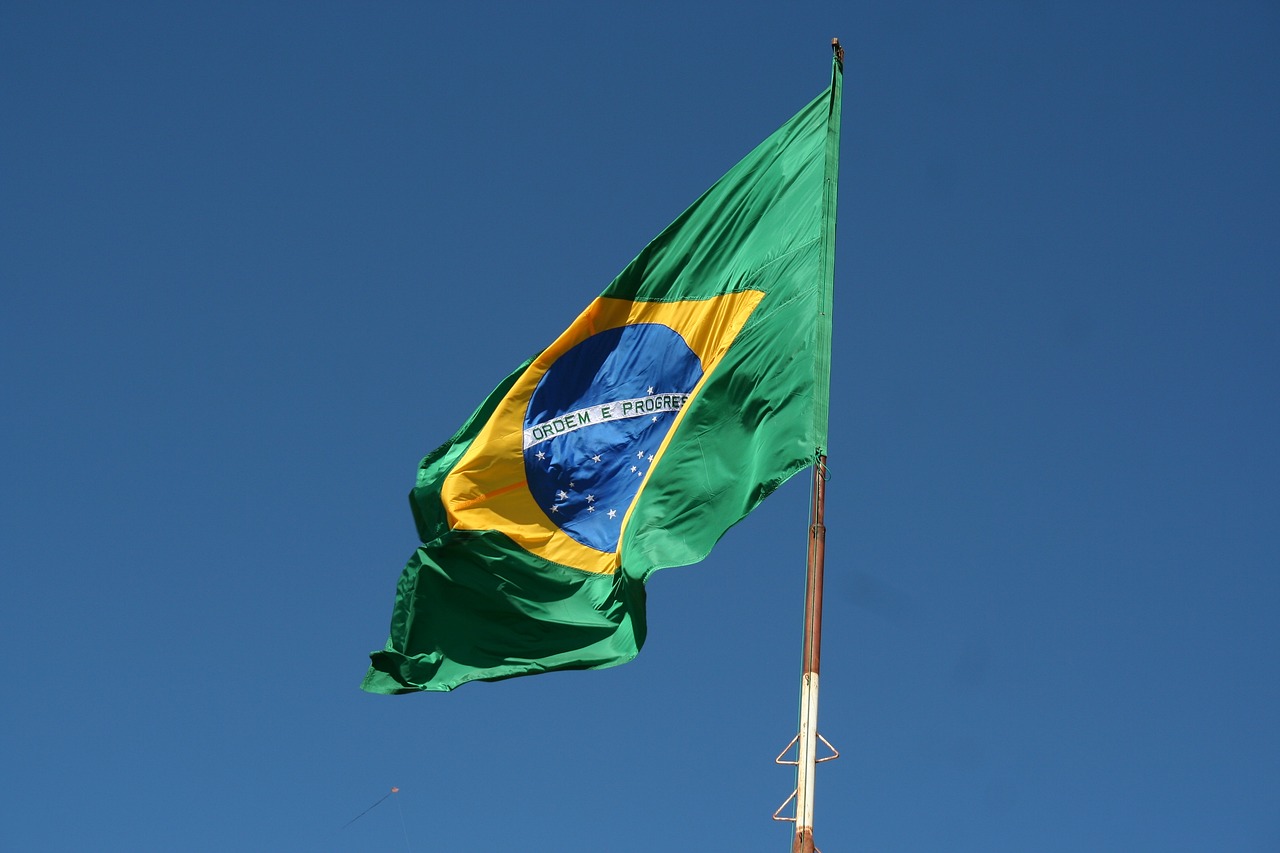The Brazilian iGaming market is growing rapidly, and there are many opportunities for online casino operators and other iGaming companies to enter the market and generate significant revenue.
In this article, we will provide an overview of the iGaming markets in Brazil, including a description of the regulatory environment and an analysis of the key players in the market.
We will also discuss some of the challenges that operators face in this market and offer our insights on how to succeed in this dynamic environment.
The iGaming market in Brazil is still relatively new, but the country’s Minister of Tourism recently legalized online gambling in August 2020.
This move has been welcomed by iGaming operators, who have started to offer their services in the Brazilian market.
Prior to this law change, there were already a number of iGaming companies operating in Brazil that had licenses from various states and municipalities.
Although iGaming regulations are still evolving in Brazil, they generally follow the same restrictive principles as those seen in other regions around the world.
Operators must obtain a license from each municipality or state where they want to operate and are also subject to taxation at both federal and local levels.
In addition, iGaming operators must comply with stringent requirements for player identification and age verification, as well as other measures designed to prevent money laundering and other criminal activities.
The iGaming market in Brazil is currently dominated by international iGaming companies such as Bet365, Paddy Power, and William Hill who have obtained licenses in the country.
There are also a number of local iGaming companies that have gained popularity in recent years, including ApostasOnline and SuperAposta.
These companies are generally smaller than the international players but offer unique services tailored specifically for the Brazilian iGaming market.
Despite the opportunities present in the iGaming markets in Brazil, there are still some significant challenges that operators face when entering this market.
Firstly, there is limited access to payment methods due to restrictions on traditional banking services, including credit cards and debit cards.
Operators must also be aware of the specific regulations in each state or municipality that they are operating in.
Finally, there is very limited access to iGaming analytics tools which can make it difficult for operators to accurately measure their performance and optimize their strategies.
Overall, the iGaming markets in Brazil offer great potential for iGaming operators looking to enter this dynamic market.
Operators should take into consideration the challenges presented by the local regulatory environment as well as other factors such as payment methods and analytics when developing a strategy for success in Brazil’s iGaming landscape
With careful planning and implementation, iGaming companies can capitalize on the opportunities present in the Brazilian iGaming market and generate significant profits.
